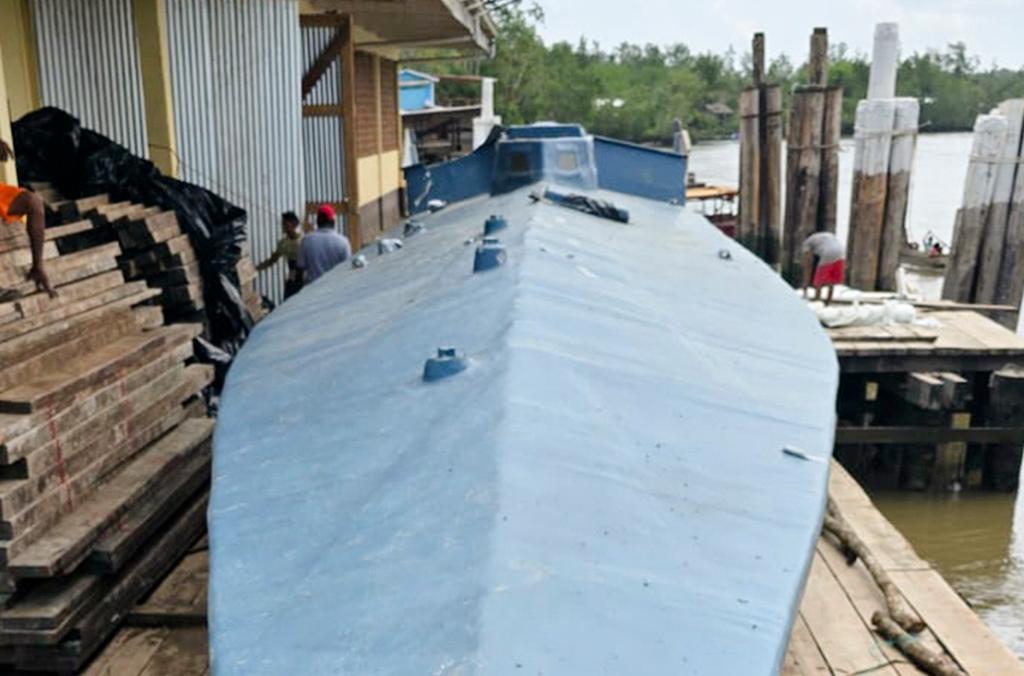The International Criminal Police Organization (Interpol) said that a massive law enforcement operation spanning 31 countries across Africa, Europe, and South America has led to the arrest of over 200 suspects, the seizure of 678 tons of drugs and precursor chemicals, and a semi-submersible “narco-sub.”
Interpol said on July 30 that the two-month-long global operation dubbed “Lionfish Hurricane,” coordinated by the organization, led to 206 arrests and the seizure of 62 tons of cocaine and 57 tons of other drugs, including marijuana, ketamine, and tramadol.





